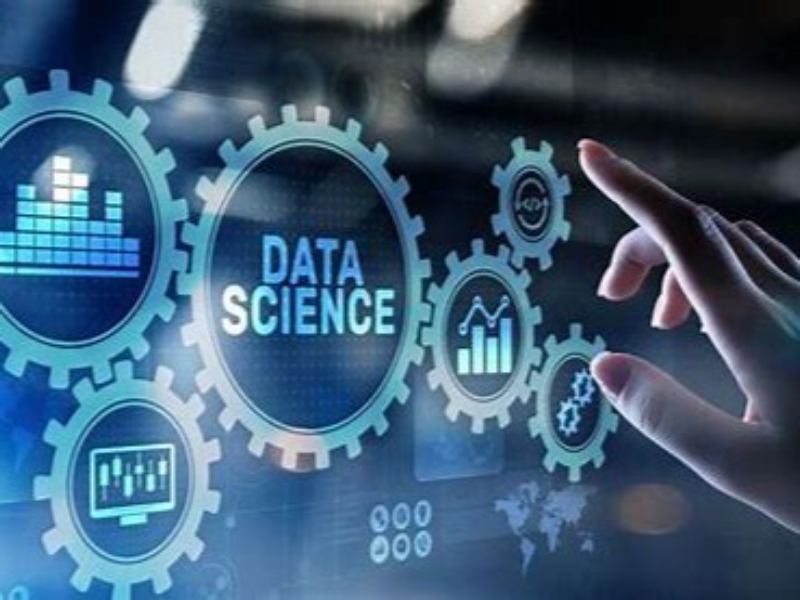- Big data analytics focuses on processing and analysing large datasets for immediate insights using statistical methods.
- Data science takes a broader approach, employing advanced analytics, machine learning, and domain expertise to derive deeper, predictive insights from both structured and unstructured data.
In today’s data-driven world, the terms “big data analytics” and “data science” are often used interchangeably, leading to confusion among professionals and enthusiasts alike. While they share common ground in dealing with vast datasets, their methodologies, objectives, and skill sets differ significantly. Understanding these nuances is crucial for businesses aiming to harness data effectively and for individuals seeking careers in these fields.
Focus and scope
At the very core of big data analytics stands the imperative to process and scrutinise vast datasets, pinpointing patterns, trends, and insights that facilitate immediate decision-making. This discipline is grounded in statistical methodologies and algorithmic analysis, geared towards enhancing operational efficiency and bolstering decision-making through the examination of historical and real-time data.
By contrast, data science materialises as a multi-dimensional field, amalgamating facets of mathematics, statistics, computer science, and domain-specific expertise. It traverses the entire data lifecycle, from procurement and preprocessing to advanced analysis, interpretation, and visual representation. Data scientists are the storytellers of the digital epoch, tasked with unearthing concealed patterns, forecasting future scenarios, and weaving narratives that mould strategic planning and spur innovation.
Also read: Cases of big data in daily life
Tools and techniques
Big data analytics harnesses a formidable array of tools and technologies, optimised for managing extensive datasets, encompassing Hadoop, Apache Spark, and NoSQL databases. Proficiency in data querying, statistical analysis, and adeptness in structured and semi-structured data formats are prerequisites for analysts navigating this terrain.
However, data science operates across a wider spectrum of tools and techniques. It integrates machine learning algorithms, predictive modelling, and sophisticated data visualisation software to address the intricacies of unstructured data, such as textual content, imagery, and video. This necessitates a blend of advanced extraction and interpretation methods, positioning data scientists at the vanguard of data-driven discovery.
Also read: What is big data analytics and what are its key parts?
Objective and outcome
The principal aim of big data analytics is to produce actionable insights amenable to rapid deployment, targeted at refining current processes and operations. Its outcomes materialise as quantifiable metrics that have a direct bearing on business performance, enabling organisations to optimise efficiency and efficacy.
On the flipside, data science endeavours to construct predictive models and unveil groundbreaking insights, facilitating innovations and strategic benefits. Its qualitative insights act as guides for long-term planning and product development, steering organisations through the unexplored territories of future prospects.
Role and skillset
Big data analysts excel in the extraction and analysis of data, honing their skills in data manipulation and statistical analysis to underpin decision-making. Their role is pivotal in transmuting raw data into digestible, actionable insights.
Data scientists, conversely, are hybrid professionals, amalgamating technical acumen with creative problem-solving capabilities. They are designers of experiments, validators of suppositions, and communicators of intricate findings to a wide-ranging audience. Beyond mere analysis, they orchestrate the metamorphosis of data into strategic narratives, bridging the divide between intricate data landscapes and non-technical stakeholders.

